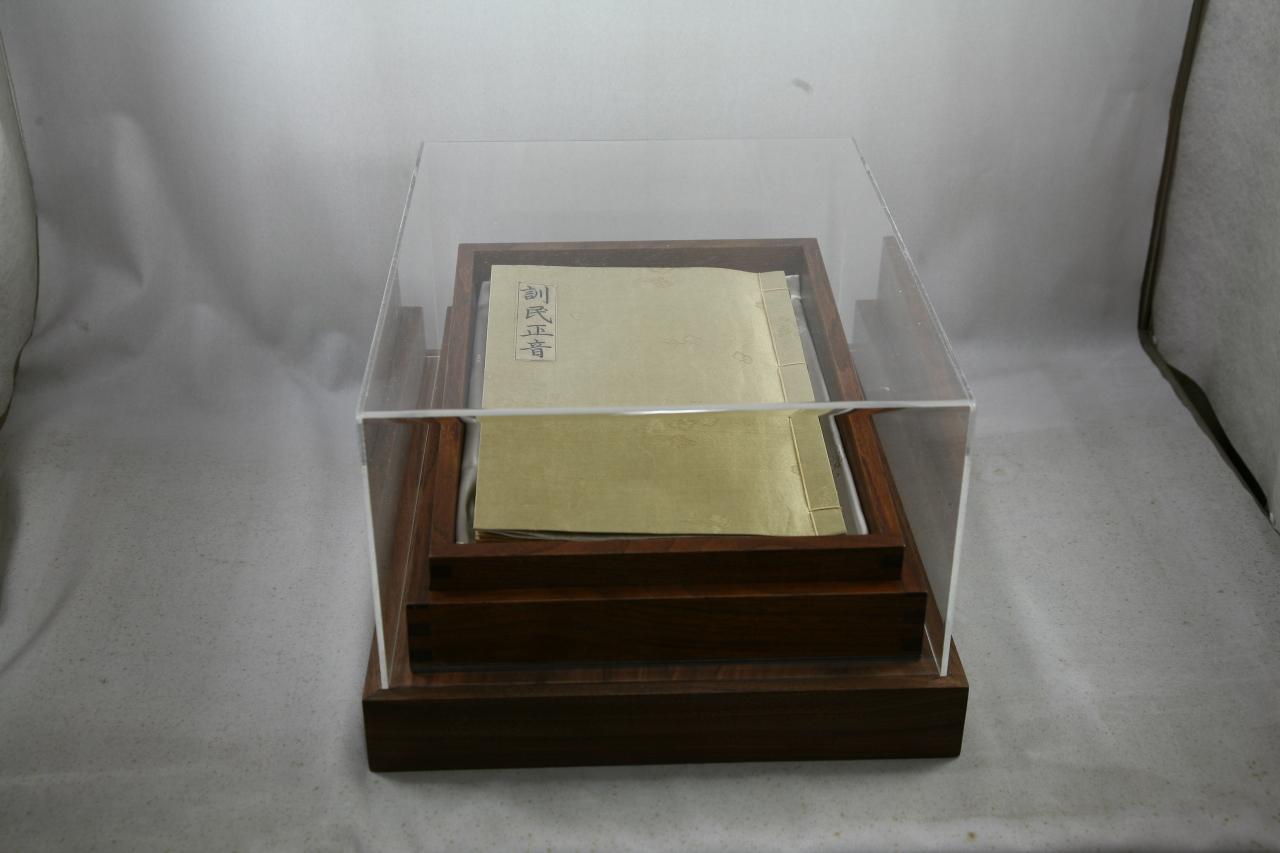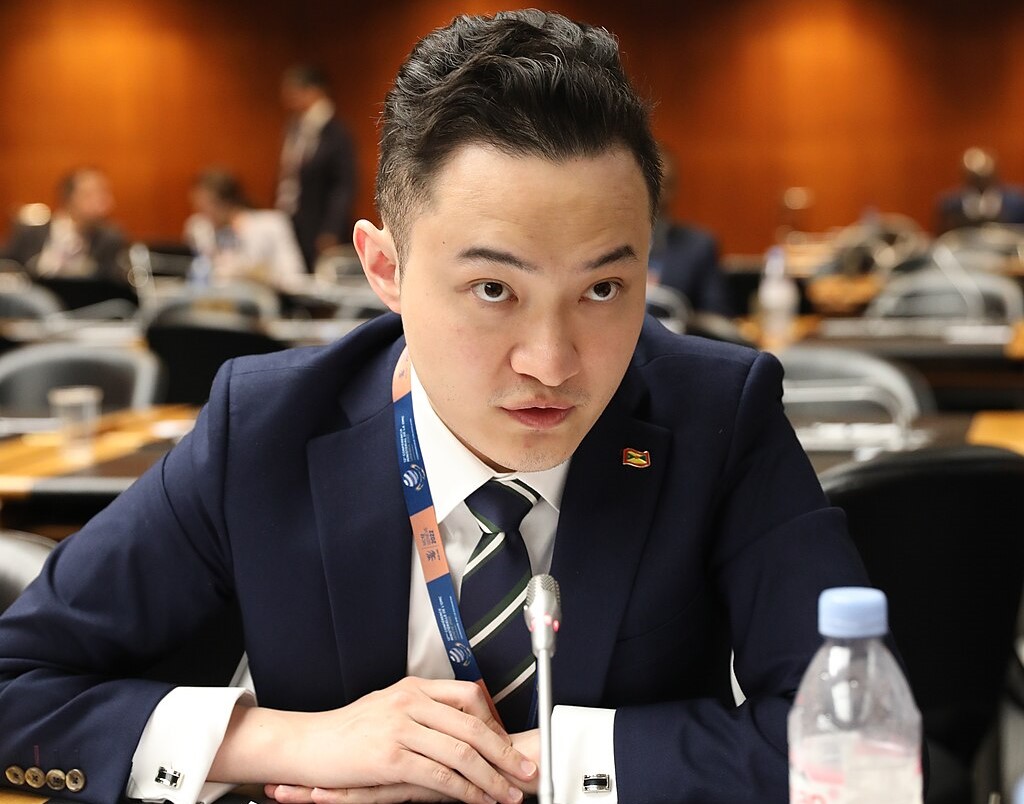PUBLISH announced it has been contracted by Kansong Art Museum to implement the technical solution for the conversion of the Haerye Edition of Hunminjeongeum to NFTs (non-fungible tokens).
The Haerye Edition of Hunminjeongeum
The Hunminjeongeum (“Proper Sounds to Instruct the People” in English) is a manuscript created by Sejong the Great, the fourth king of the Joseon dynasty. It consists of a preface explaining the purpose of creating Hangul (the Korean alphabet), followed by a longer section detailing 28 new letters--including 17 consonants and 11 vowels--and their combinations.
The Haerye Edition of Hunminjeongeum, or Hunminjeongeum Haerye, is a book consisting of two parts. Part one consists of the Hunminjeongeum, while part two consists of commentaries of the Hunminjeongeum written by scholars of the time. The book was thought to have been long lost, but an original copy was later discovered in a house in Andong, Gyeongsangbuk-do. It is now held in Kansong Art Museum, which was founded by art collector Jeon Hongpil in 1938 during the height of the Japanese colonization of Korea. In 1958 the government designated Hunminjeongeum Haerye a national treasure.
Under the agreement, PUBLISH will convert the Hunminjeongeum Haerye into a series of 100 NFTs, which will be subsequently sold for 100 million KRW each (approximately $87,000). The NFT owners will receive a limited edition, handmade replica of the Hunminjeongeum Haerye and become VIP members of Kansong Art Museum. Proceeds of the project will be used by Kansong Art Museum to fund its ongoing preservation and restoration of cultural assets, including the Hunminjeongeum Haerye.
Commenting on the announcement, PUBLISH CEO Sonny Kwon said, “It is a great honor to work with Kansong Art Museum on the Hunminjeongeum Haerye NFT Project. The Hunminjeongeum is of significant cultural importance to Koreans and is recognized by linguists around the world as a blueprint for the only known language to have a creator. I hope that the Hunminjeongeum Haerye NFT project will also serve to embody the spirit of Jeon Hyeongpil, who devoted himself to the preservation of Korea’s cultural heritage during the Japanese colonial period.”























Comment 5